by Edward Smith and Necole Walker; Farnsley Middle School (Louisville, KY)
You possibly have heard of the ALS Ice Bucket Challenge—that’s when you dump a cold bucket of water on yourself or someone for ALS. Edward’s Uncle, has ALS and suffers with most of the symptoms such as muscle weakness, slurred speech, and muscle twitches.
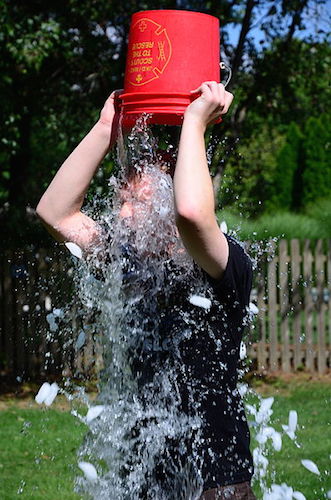
We weren’t able to interview him as he is very sick. “It’s been difficult for him to speak or keep his head up,” says his sister, Linda Duncan.
According to the Mayo Clinic, Amyotrophic Lateral Sclerosis (ALS), also called Lou Gehrig’s disease, is a disease that kills the upper motor Neurons that are the center of control for movement. Also, motor neurons in the part of the brain governing voluntary movements are destroyed. These upper motor neurons send nerve impulses down from the brain to control the lower motor neurons in the spinal cord. Clinicians are also finding that certain cognitive portions of the brain may be affected in ALS.
According to the ALS Association, 5,600 people in the US are diagnosed every year with ALS; 63% are men. Men are 20% more likely to be diagnosed with ALS than women. In addition, 93% of people diagnosed are Caucasian.
According to the ALS Association’s website, as of April 2015, 30,000 Americans have the disease. ALS affects people ages 40 through 70 with the average age of 55. It is possible to get ALS starting at six years of age, however that is very rare. One out of every 10 cases of ALS is caused by a genetic defect. The other nine out of ten is called sporadic ALS and is not well understood, but it may be caused by environmental and genetic risk factors.
My uncle was diagnosed with ALS in March of 2015 at age 67 at the Cleveland Clinic. The first symptom noticed was that he couldn’t hold his head up. Then, his speech was affected and he couldn’t form words properly. The ALS has quickly progressed, way faster than expected.
Edward’s grandmother says, “He called me to tell me Happy Birthday [in August of 2015] but could barely talk right.” According to Wikipedia, they have developed treatments in other countries that treat the pain, and I’m not sure why, but Edward’s grandmother says that his doctors say it’s too late for him to take them. There is currently no cure for ALS.
The ALS Association says that the human spinal cord, where most of the nerve cells signal and control the muscles, degenerates with ALS and that leads to scarring or hardening (called sclerosis) in the region.
When Edward started writing this article he had no idea how quickly his Uncle’s ALS would accelerate. In March of 2016, roughly two years after his diagnosis the disease has ruined his speech making him need speech therapy, and he has also completely lost the control of his neck. However, his mind is perfectly untouched.
The Mayo Clinic says although the main symptom of ALS is muscle weakness, other symptoms include impaired voice, apathy, cramping, drooling, difficulty swallowing, as well as, fatigue, lack of restraint, paralysis, tremor, unintentional weight loss, and difficulty raising feet.
There is hope in the future for a cure! On March 17, 2016, it was reported that research by Dr. Travis Denton of Spokane, Washington at Washington State University, College of Pharmacy discovered that a molecule called lanthionine ketimine ethyl ester has proven to reverse all the symptoms of ALS and other diseases similar to ALS, such as Parkinson’s and Alzheimer’s, in mice. Journalist Jane McCarthy, who wrote the article “WSU Researcher reveals ALS breakthrough” for the KREM.com news site, describes the three diseases like a fork in the road or a flower where they all share the main stem and are related to each other.
The problem is getting the new molecule into the human brain. The brain protects itself from invaders, requiring a way to mask the new drug and sneak it into the brain. Even if they succeed with masking the drug into the brain, it could still take up to ten years before the drug hits the market since it has to undergo clinical trials, but it could be fast tracked.
So the next time you pour that cold bucket of water on your head just remember it’s for a good cause, and remember the people who for whom you pour that water on your head.
Edward Smith Necole Walker

This work is licensed under a Creative Commons Attribution-NonCommercial-NoDerivs 3.0 Unported License


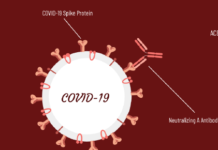
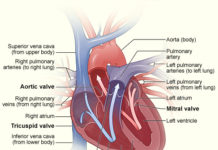


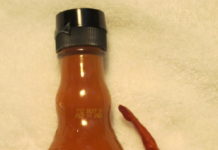
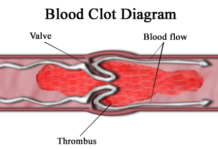






Cool article!:smile
Love the article!